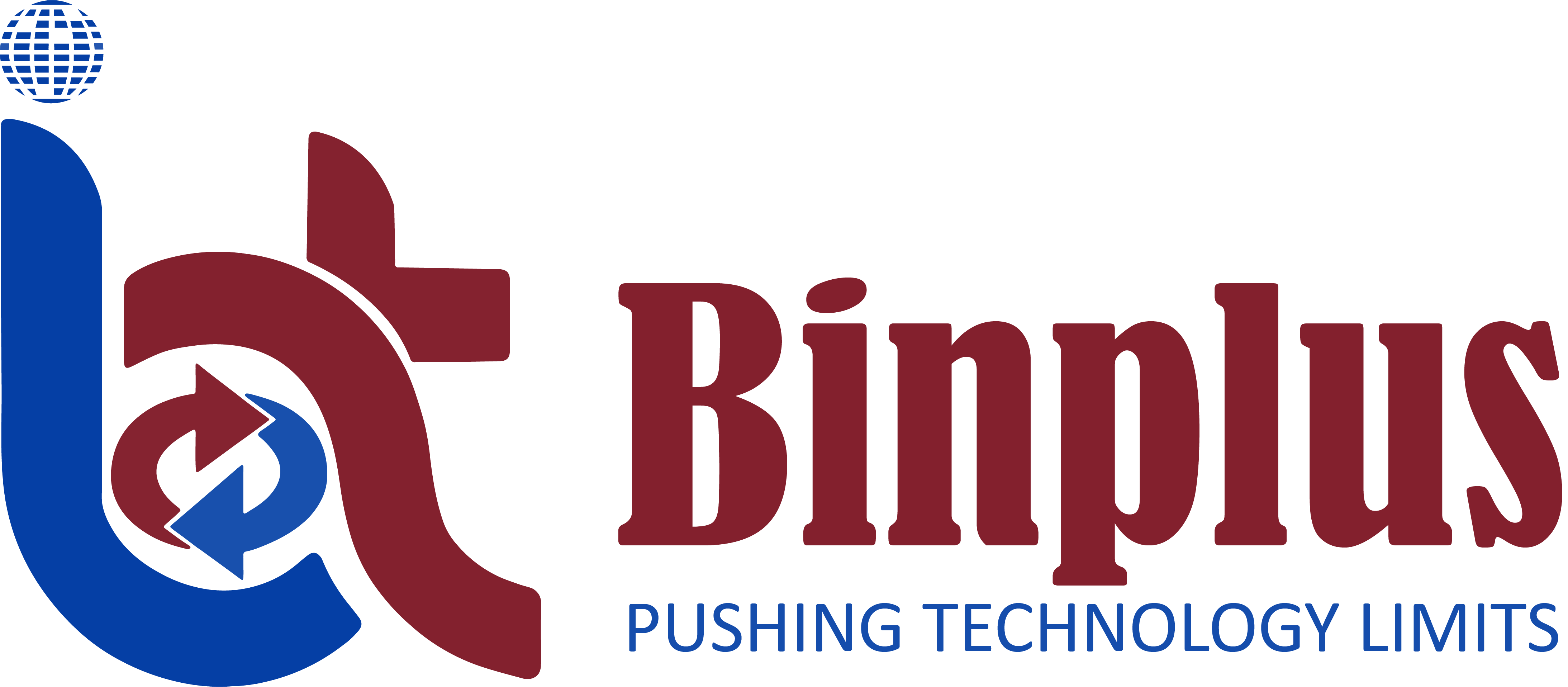In today’s fast-paced and increasingly complex business world, technical expertise and hard skills alone are no longer enough to guarantee success. Soft skillsoften referred to as interpersonal, communication, or emotional intelligence skills are rapidly becoming one of the most important assets in the workplace. From fostering collaboration and promoting creativity to improving leadership and conflict resolution, soft skills are at the core of how individuals interact, communicate, and collaborate in any organization.
Why Are Soft Skills Essential in Today’s Workforce?
- Enhanced Collaboration and Teamwork Soft skills such as communication, empathy, and emotional intelligence are essential in creating cohesive teams that work well together. Employees with strong soft skills are better at resolving conflicts, listening actively, and building relationships, all of which are necessary for teamwork and collaborative efforts. In the modern workplace, collaboration is critical for innovation, problem-solving, and achieving common organizational goals.
- Improved Customer Interactions Soft skills, particularly in communication, problem-solving, and empathy, play a crucial role in customer-facing roles. Whether it’s interacting with clients, resolving complaints, or building long-term relationships, employees with strong soft skills ensure a positive experience for customers. These interactions help to build trust, loyalty, and satisfaction, which ultimately drive business growth.
- Adaptability in an Evolving Business Landscape With constant technological advancements, economic changes, and shifts in the global marketplace, the modern workforce must be able to adapt quickly. Soft skills such as adaptability, resilience, and a growth mindset enable employees to navigate change effectively, learn new skills, and adjust to new working environments. HR can play a vital role in fostering an organizational culture that embraces flexibility and continuous learning.
- Leadership and Conflict Management Soft skills are at the heart of effective leadership. Leaders need to be able to inspire, motivate, and engage their teams, which requires skills such as emotional intelligence, empathy, active listening, and decision-making. Additionally, strong interpersonal skills are necessary for managing conflicts, addressing team dynamics, and creating a supportive work environment. HR can help develop future leaders by offering leadership training that emphasizes the importance of these skills.
- Better Employee Engagement and Retention Employees who possess strong soft skills tend to have better emotional intelligence, which helps them manage stress, work effectively under pressure, and build positive relationships with their colleagues. This contributes to a healthier work environment, where employees feel valued, understood, and supported. In turn, this boosts employee satisfaction, engagement, and ultimately retention.
As the demands of the modern workforce continue to shift, soft skills have become vital for both individual and organizational success. They are the glue that holds teams together, the foundation of great leadership, and the key to thriving in a rapidly changing environment. Organizations that prioritize the development of soft skills will not only boost performance and morale but also create a more resilient and future-ready workforce.


Leave A Comment